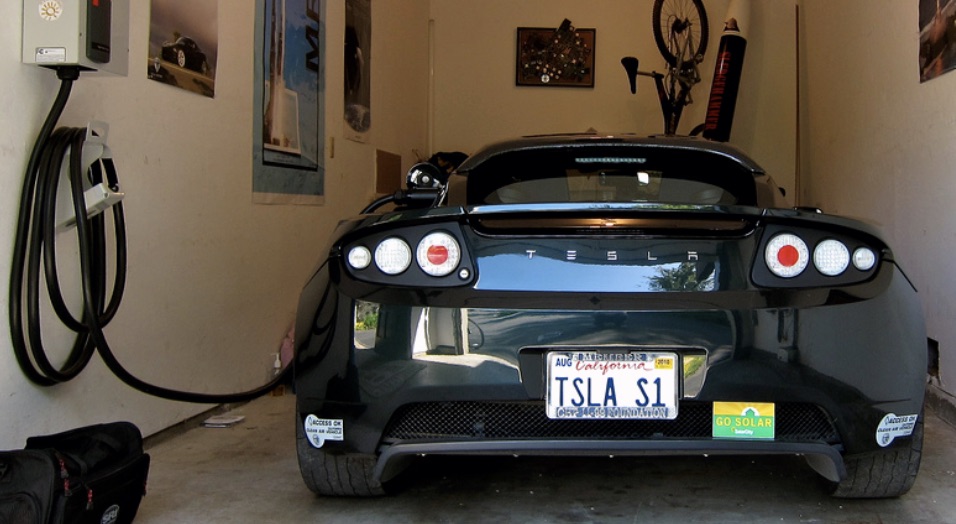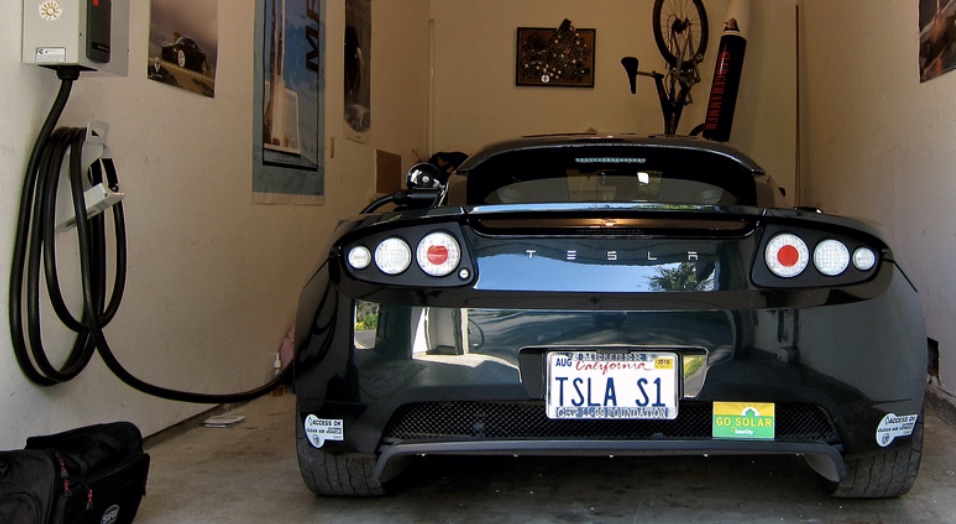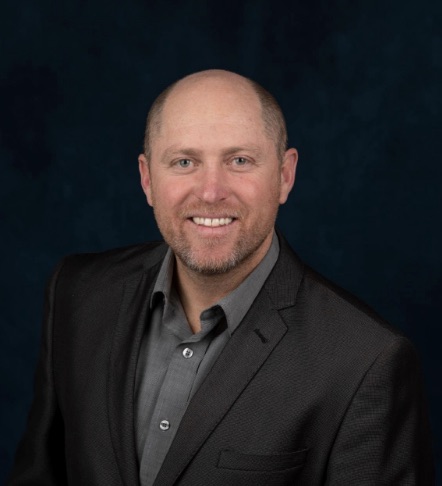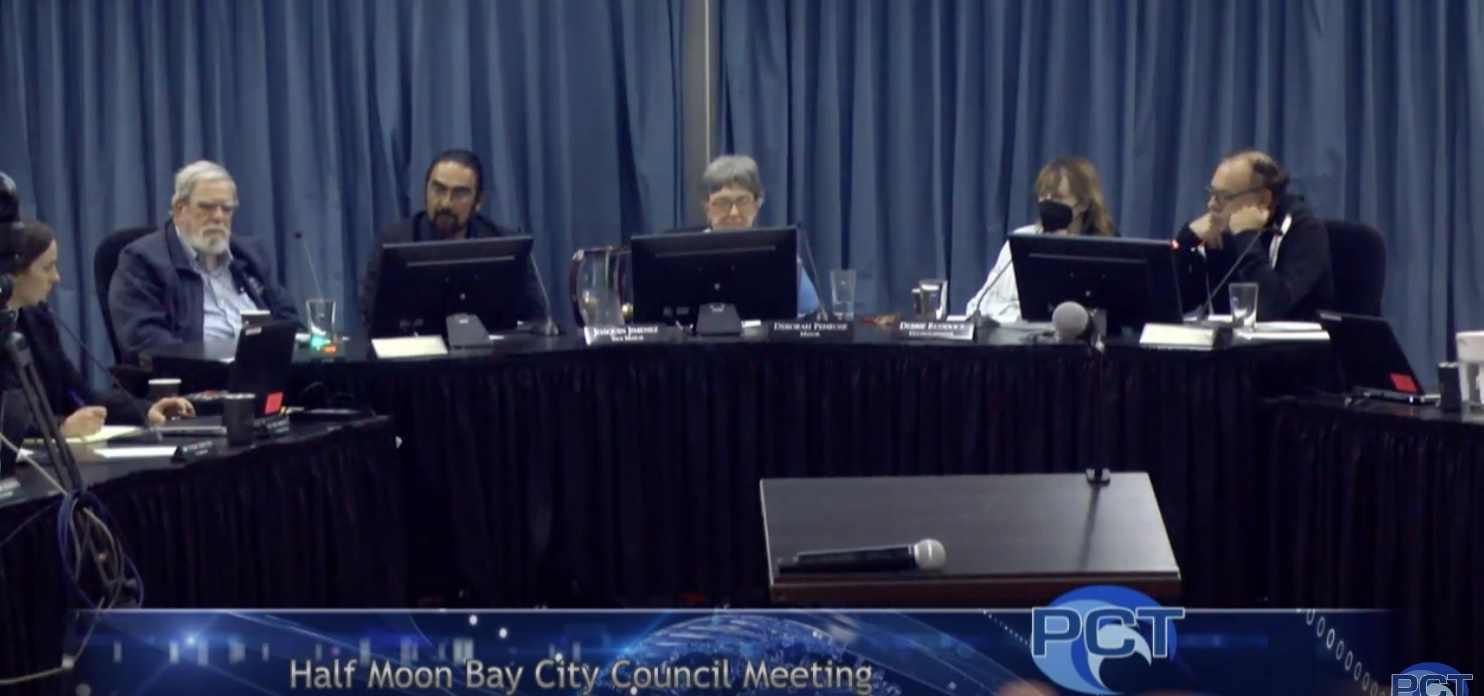|
Getting your Trinity Audio player ready...
|
VIDEO.
The recording and slides from yesterday’s (April 20th, 2021) webinar are now online. Presentation slides are available in PPT and PDF format.
- Costs, grants, rebates, and incentives for EVs.
- Process and qualification requirements for California grants and rebates.
- Tips, tricks, and resources for navigating the process to apply for incentives and start driving electric.
- The best times of the day to charge an EV based on renewable energy generation and C02 emission trends.
Presenter:
Clean Vehicle Assistance Program Qualified EV Adopters Get Paid to Drive a Car
Recorded Tues. April 20th @ 11:00 am – 12:00 pm

One Hour Webinar: Getting Paid to Go Green — Tues. 20th April at 11am PT
Electric vehicles (EVs) are gaining popularity in the US, particularly in California. Despite misconceptions about EVs being expensive, EVs can be the most cost-effective vehicles available.
Making EVs even more affordable are the many incentives and rebates available in California, especially for income-qualified consumers. With help from the Clean Vehicle Assistance Program and the Clean Vehicle Rebate Project, qualified EV adopters can essentially get paid to drive a car.
But navigating all the options can be challenging and time-consuming.
Gregory Young, a Program Manager at the Clean Coalition, went through the process and will get paid to drive over the 3-year lease he secured on an EV. Gregory will share the benefits of his research process and show how others can also get paid to drive electric.
This webinar will cover:
- Costs, grants, and rebates for EVs.
- Process and qualification requirements for California grants and rebates.
- Tips, tricks, and resources for navigating the process to apply for incentives and start driving electric.
- The best times of the day to charge an EV based on renewable energy generation and C02 emission trends.
Presenter

Gregory Young is a Program Manager with the Clean Coalition and universalizing local renewable energy resources has been an ongoing passion for him, especially as more of the world’s population transitions to urban environments.
Gregory has collaborated with several nonprofits and community-based organizations in developing planning processes to help build resilience and agency for disadvantaged populations.
Gregory received his BA in Psychology from the University of Colorado Boulder and his MA in Urban Sustainability from Antioch University Los Angeles, focusing heavily on the world’s dual challenges of climate change and inequality.
Along with his MA, Gregory received an Integrated GIS Certificate and created an ArcGIS model that improves the planning processes for locating optimal regions for Community Microgrid development. He hopes to improve upon this model and establish other planning procedures to decentralize and modernize the electric grid.






